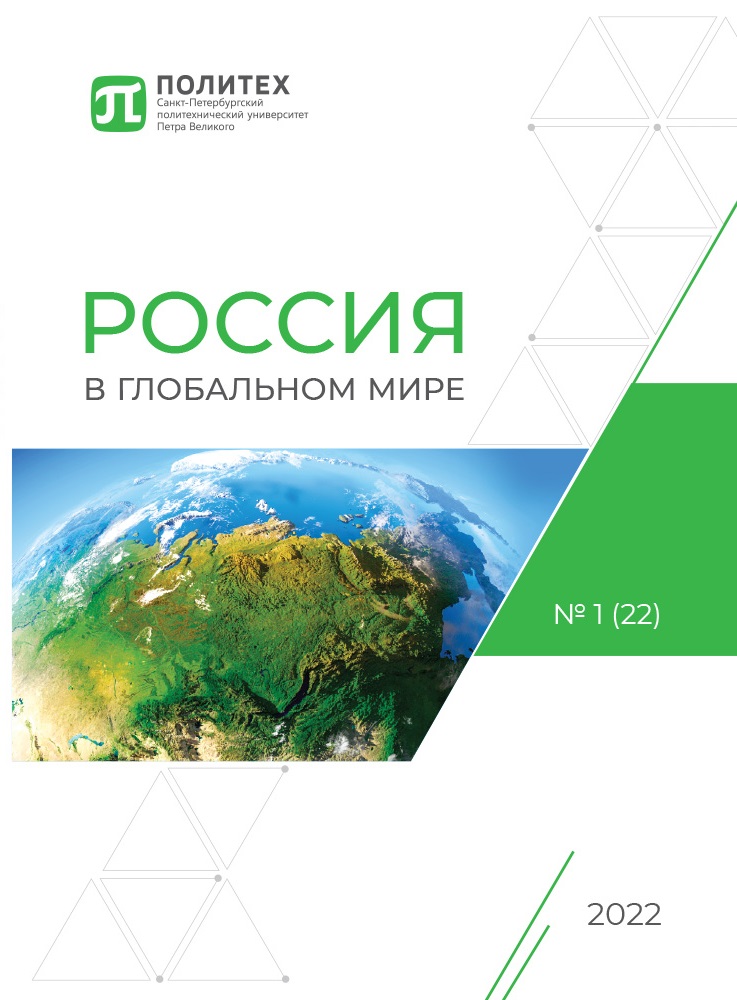Features of the Chinese language change under the influence of the political discourse of social media
The social media is the primary source of news and information related to politics. The social media is considered to be the leading platform for people to interact and exchange opinions and views aimed at the evaluation of events that take place in the country and the world. The relevance of this work is explained by the increasing role of social media in our world, by the growing impact of various political organizations that seek to increase their presence in the internet. The opportunities that have appeared for citizens to conduct activities based on independent journalism also have created the basis for the emergence of direct interactions between the two main actors of this communication process. Consequently, the study of various aspects related to the peculiarities of language, and created under the influence of discourses is a critical issue. This study aims to develop a concept that emphasizes the characteristic changes of Chinese language while reflecting their ideological and semantic components. Within the framework of this research, one of the objectives is to determine the specifics of social media as the main platform for discussing political news and events’ formation. The features of Chinese language are also highlighted, allowing the language to transform primarily due to the impact of various circumstances. In addition, the characteristic features of political metaphors, terminology, and Internet lexicon in the framework of social media highlighted in the concept are considered. The research uses the methods of descriptive discourse analysis, due to which various aspects of language are considered and studied from the point of psycholinguistics. Moreover, the political metaphors highlighted in this study are reviewed. On the other hand, M. M. Bakhtin's theory was applied, due to which it was possible to determine the basis on which the interaction between the participants of the communication process was built, as well as how those relations influenced the language. As a result of the study, it is possible to determine that social media is the primary source of information due to its accessibility and openness since participants in the communication process can show their desire for dialogism in the simplest way. It was also revealed that due to various factors of interaction between political structures and users of social media, the Chinese language got transformed and changed due to its morphological, phonetic and grammatical features. The characteristics and semantic goals of these transformations in the language were considered, which, as it was found out, manifested themselves as the main tool that allowed communicators to show their desire for discourse exchange. Due to the obtained conclusions, a concept-scheme was developed that reflected the ideological and semantic component of the changes in the Chinese language in the conditions of the social media space. The language is subject to natural and artificial changes, as it is influenced by various external factors such as censorship and the desire of people to share their opinions and views.


